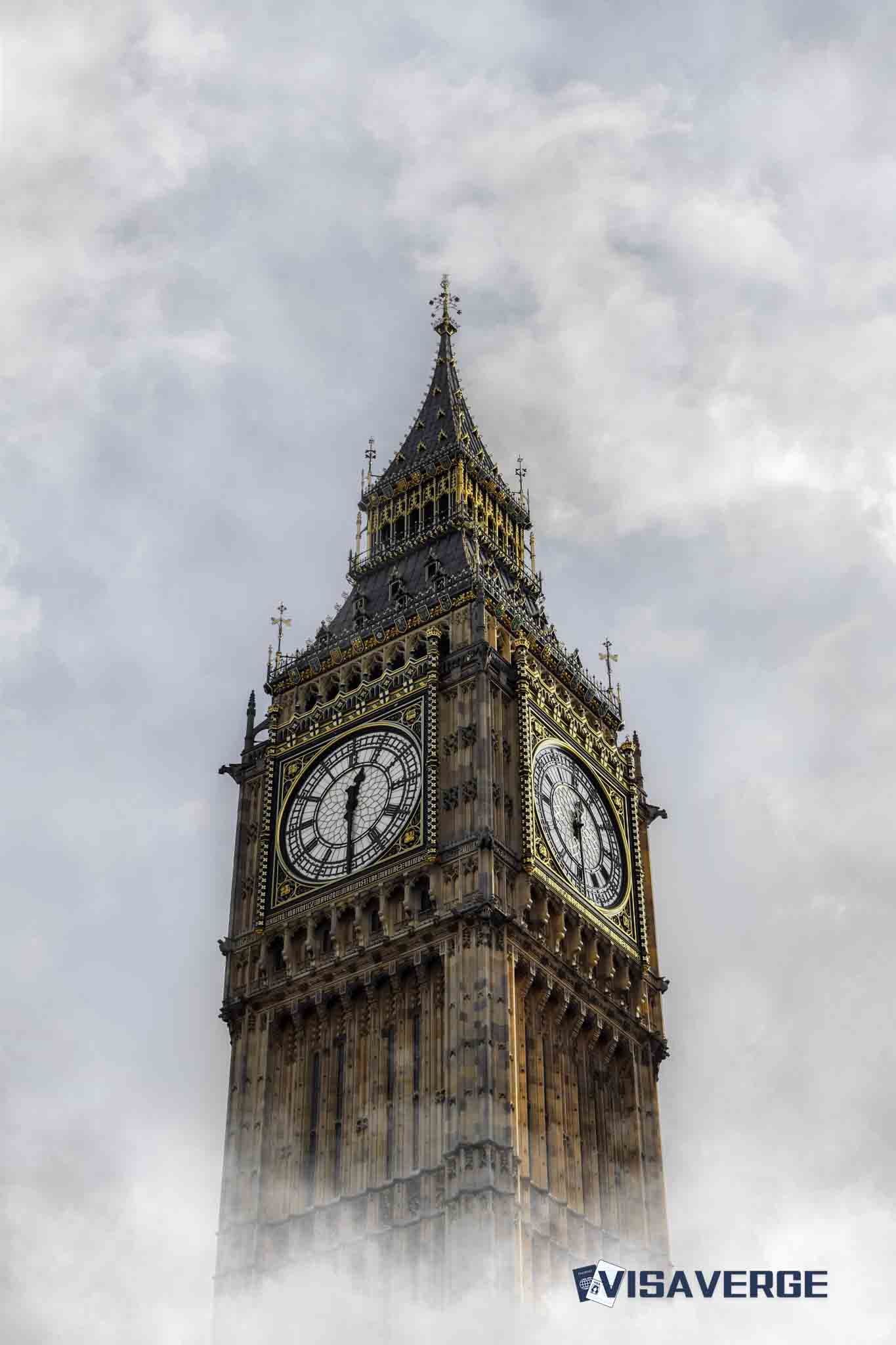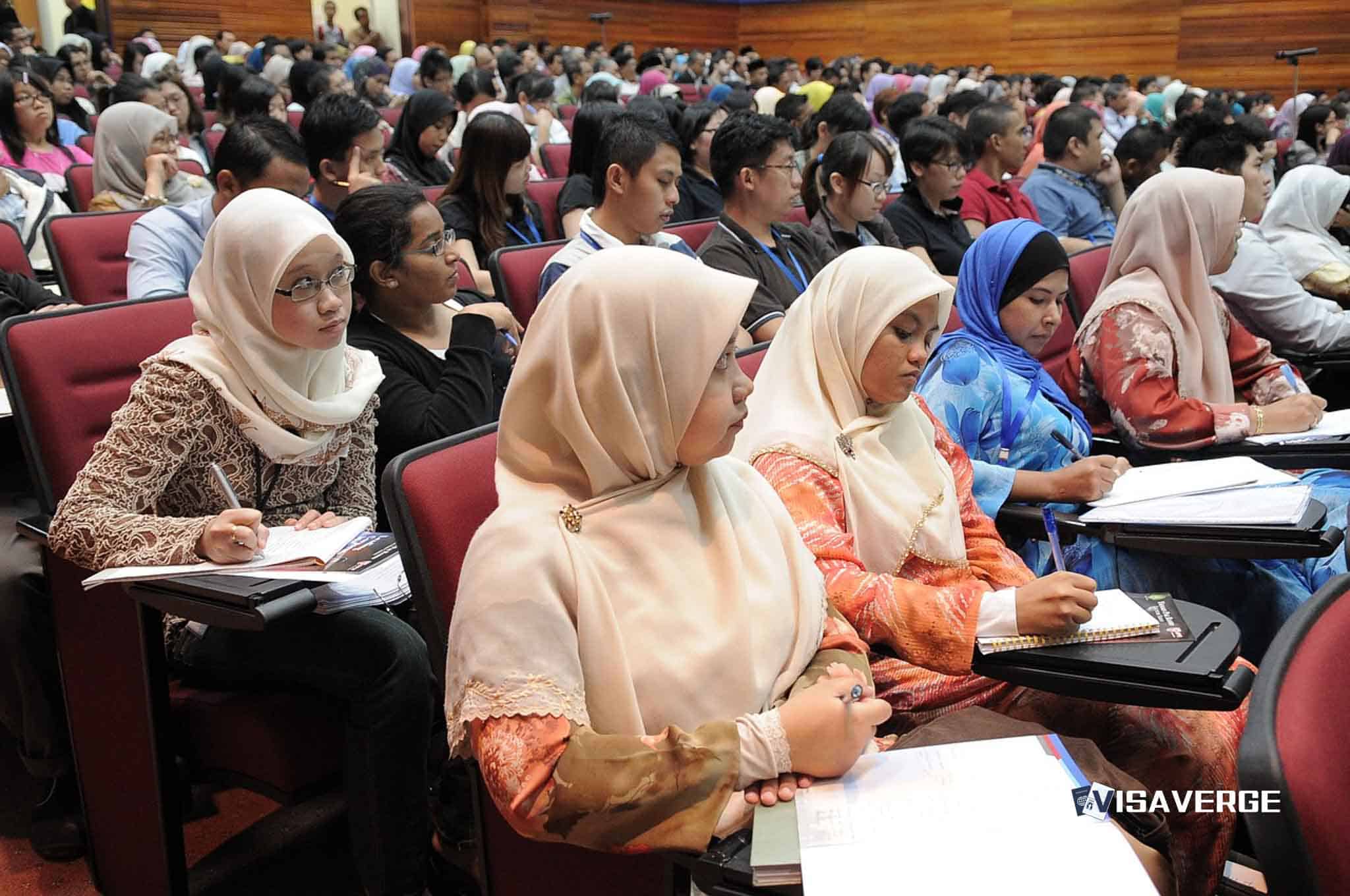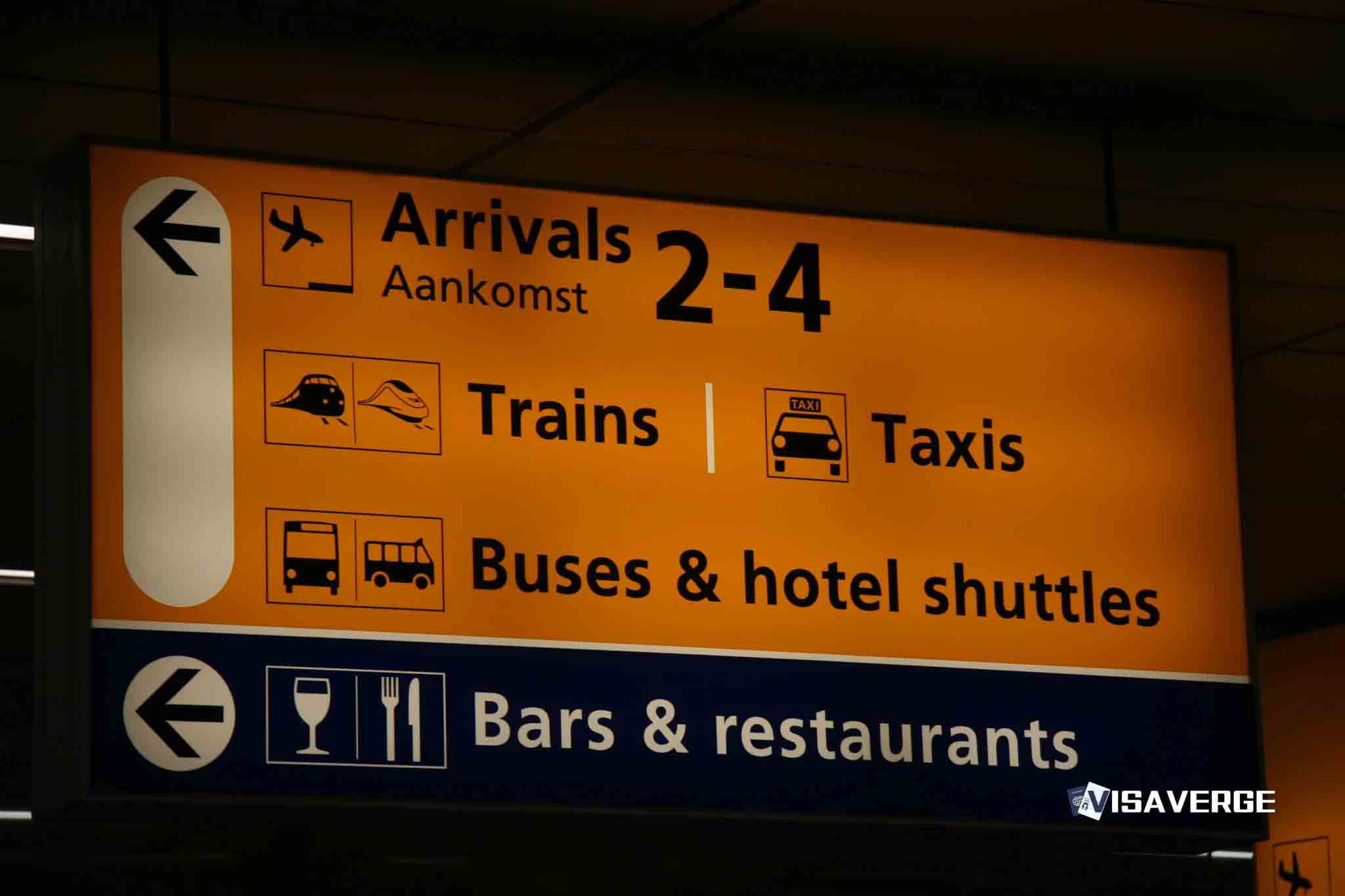(UNITED STATES) With another potential government shutdown back in the headlines, a steady question from permanent residents has returned: Can you still file for U.S. citizenship if Congress doesn’t pass a funding bill? The short answer is yes. USCIS operations continue during a shutdown, and the agency keeps accepting and processing Form N-400, Application for Naturalization. Because U.S. Citizenship and Immigration Services is mainly funded by application fees, its core work, including N-400 naturalization cases, carries on even when other parts of the federal government pause.
The agency’s fee-funded model is central to this continuity. Unlike departments that rely on yearly appropriations, USCIS collects filing fees that sustain most of its services. That structure helps protect citizenship processing from the stop-and-go cycle of federal funding fights.

As a result, lawful permanent residents can keep moving forward with the final step of their immigration journey, even during a government shutdown. You can access and file the application at the official USCIS page for Form N-400.
What pauses and what keeps running
While the wheels at USCIS keep turning, some connected programs do pause.
- May pause (dependent on congressional funding):
- E-Verify (used by employers to confirm work authorization). Suspensions in past shutdowns have affected hiring timelines.
- Certain Department of Labor (DOL) functions, including some labor certifications used for employment-based visas.
- Keeps running (fee-funded USCIS services):
- Intake and filing of
Form N-400 - Biometrics collection
- Case review and interviews
- Oath ceremonies (with possible schedule adjustments)
- Intake and filing of
Simply put, a DOL closure or E-Verify suspension does not block you from filing for naturalization.
USCIS guidance and filing advice
USCIS has said in prior shutdowns that applicants should continue to file as normal. That remains the most practical approach for green card holders planning to apply.
- If you meet the eligibility rules and your timeline makes sense — five years as a permanent resident in most cases, or three years if married to a U.S. citizen and meeting all requirements — there’s no reason to wait for Congress to act.
- Submitting early can help you get in the queue before any seasonal surges.
Filing now is generally better than waiting. If you qualify, keep moving forward and monitor your case status.
Possible impacts and delays to expect
Even though USCIS operations continue, some tasks depend on outside agencies or systems that could be affected by a lapse in funding.
- Potential slowdowns:
- Transfers of information or background checks that touch other databases
- Contract staffing shortages that could affect scheduling
- Rescheduling of appointments or stretched interview slots if a shutdown lasts
- Important to know: None of this means your application will be rejected; it just means patience may be needed.
VisaVerge.com’s analysis of past closures highlights practical tips:
- Local USCIS field offices generally stay open and keep appointments unless they issue a specific notice.
- Applicants who file during a shutdown should watch their mail and online USCIS account closely for notices, including biometrics appointments and interview letters.
- If you cannot attend an appointment due to an unexpected closure or travel issue, follow the instructions on your notice to request a new date as soon as possible.
Protections and documentation after filing
USCIS provides an important safeguard for green card holders who file for citizenship.
- Automatic extension of Permanent Resident Card validity:
When you properly file an N-400, USCIS automatically extends the validity of your Permanent Resident Card for up to 24 months.
This extension helps you continue daily life tasks — such as showing proof of status for work, reentering the U.S., or renewing a driver’s license — during longer processing times that could be worsened by a government shutdown. Keep your N-400 receipt notice with your green card; the receipt serves as proof of the extension while your case is pending.
Practical checklist for N-400 applicants during a shutdown
- Filing remains open. You can submit
Form N-400online or by mail. Use the official USCIS page for the latest filing instructions: Form N-400. - Interviews and ceremonies continue. Field offices tend to keep appointments unless they issue a rescheduling notice.
- Some delays are possible. Background checks and interagency steps may take longer.
- Keep documents ready: green card, travel records, tax returns (if required), and any court documents.
- Monitor communications: check your USCIS online account and postal mail for updates or appointment notices.
- If you must travel: carry your valid passport, your green card, and your N-400 receipt. The 24-month extension helps if your card expires while you wait.
Employer and community considerations
- Employers should remember that E-Verify may pause during a shutdown. This does not change the basic Form I-9 process and does not affect an employee’s ability to naturalize.
- When E-Verify resumes, it typically provides guidance for handling cases that couldn’t be created during the outage. Employers should keep internal notes with dates to ease follow-up.
- Community groups and immigration lawyers note that shutdown talk often raises stress for would-be citizens. That stress is understandable — the final step toward citizenship affects voting, family stability, and access to benefits.
If you’re unsure about timing or have a complex history (extended trips outside the country, old arrests, tax issues), consider seeking legal advice before filing so you present a clean, complete case.
Final takeaway
The bottom line remains steady: Filing an N-400 during a federal government shutdown is possible, and USCIS will keep processing these applications. Some connected programs may pause, and some delays are possible, but the core path to citizenship stays open.
For the application itself and authoritative instructions, start with the USCIS page for Form N-400.
Frequently Asked Questions
This Article in a Nutshell
When Congress fails to pass funding and a federal government shutdown occurs, USCIS continues accepting and processing Form N-400 because most of its core work is financed through application fees. Applicants can still file for naturalization and expect intake, biometrics, case review, interviews and oath ceremonies to continue, though scheduling may be adjusted. Programs reliant on congressional appropriations — notably E-Verify and some Department of Labor functions — may pause, possibly causing indirect delays in background checks or related steps. Filing timely is generally recommended; USCIS grants an automatic extension of a Permanent Resident Card for up to 24 months after filing. Applicants should monitor USCIS communications, keep documentation ready, and seek legal advice if their history is complex.








